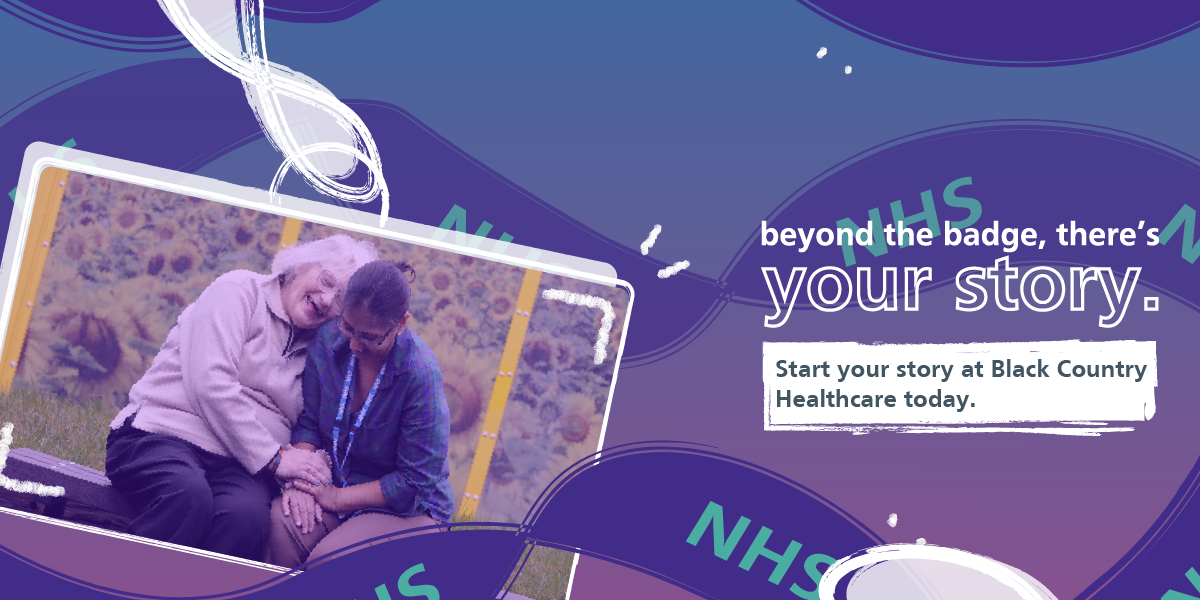Behind every badge, there's a story
At Black Country Healthcare, our staff are so much more than their job titles and what may be written on their badge. They go beyond their day-to-day job requirements. They go beyond the badge.
We're using this campaign to highlight the wide variety of roles and teams across our organisation, as well as the amazing people who go above and beyond to support their patients, colleagues, and communities across the Black Country.
Sometimes it can be hard to know exactly what will be involved when you are starting in a career or changing roles, which is why Beyond the Badge will emphasise our staff members' experiences, their career journeys, and some top tips for their area of work.
Make sure to keep checking this page where we'll spotlighting lots of case studies and information about job roles and our current vacancies. Don't forget to also follow our Facebook, Twitter and Instagram pages for updates!
So what are you waiting for? Start your Beyond the Badge story with us! You can find all our vacancies here.
Our Beyond the Badge stories
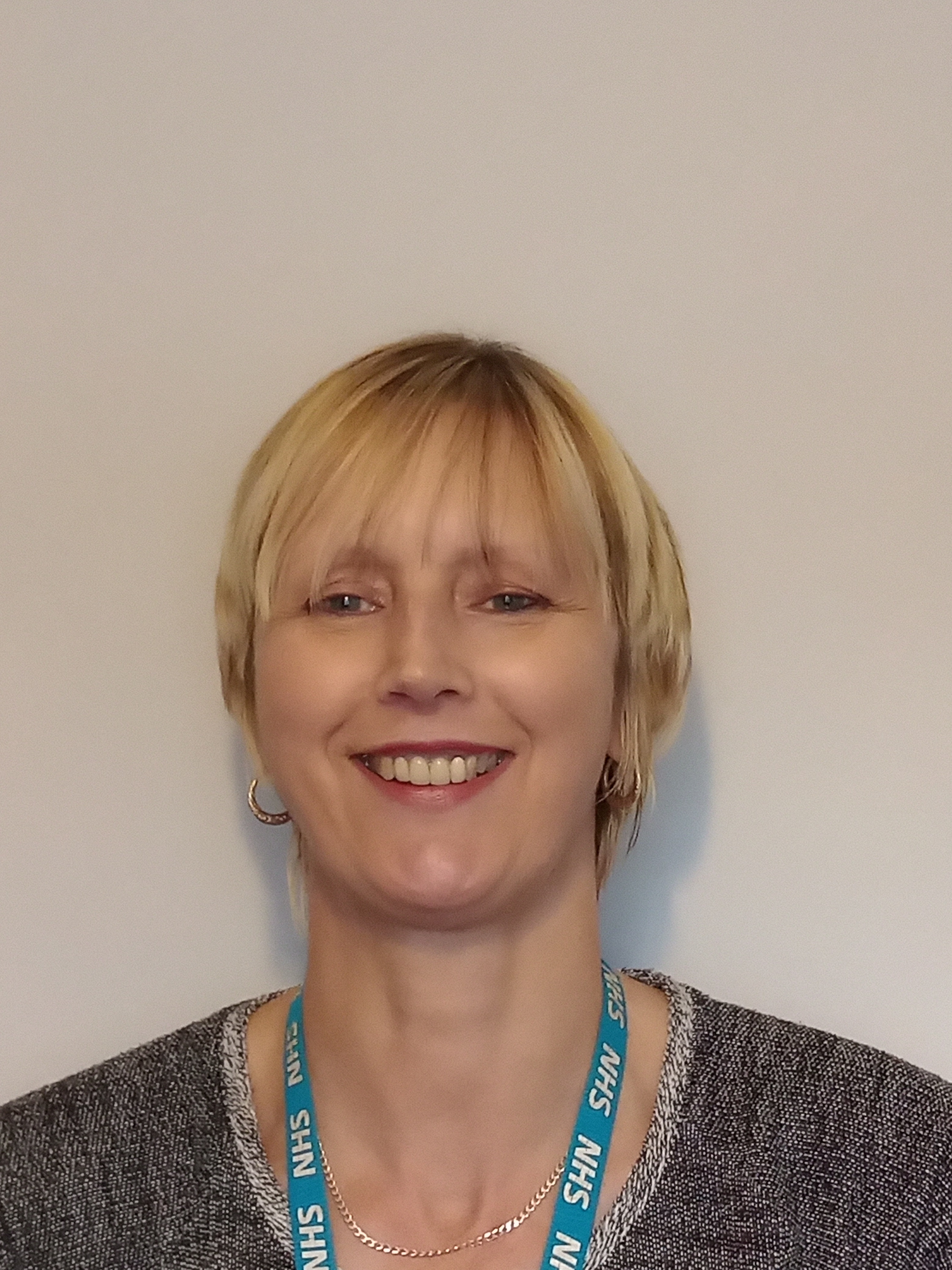 My role as the Divisional Lead Psychologist for Older Adults means that I work with and support a lot of staff and teams across the organisation. All of us share the same vision however which is to deliver the highest quality mental health services to older people across the Black Country. So whatever tasks I have on a day to day basis this vision always keeps me on track.
My role as the Divisional Lead Psychologist for Older Adults means that I work with and support a lot of staff and teams across the organisation. All of us share the same vision however which is to deliver the highest quality mental health services to older people across the Black Country. So whatever tasks I have on a day to day basis this vision always keeps me on track.
I am committed to raising the profile and value of psychology across the organisation, enabling other professionals and leaders to think psychologically and systemically to support and enhance the organisation, client care, and staff well-being. So on a day to day basis I have contact with psychology staff, senior managers, team managers, and other MDT colleagues from across all of the different clinical areas. I also work closely with our corporate colleagues in Organisational Development, Resourcing, Learning and Development and Recruitment.
Can you tell us about your career journey and how you got into your role?
My career journey has had a few twists and turns over the years! Before I went to University (as a mature student) and made a commitment to psychology I had a lot of different jobs to make ends meet and to find my path. These included working as a Nursing Assistant in Mental Health, as a Social Worker with Looked after Children and as an Assistant Psychologist in Primary Care. I went to University and graduated with a first class honours degree in Psychology, which along with my experience meant that I could apply for professional training as a Psychologist. I was lucky to get a place as it’s really competitive! So after another 3 years training I qualified as a Chartered Counselling Psychologist and joined the Trust in 1999 to work in Inpatient Services. I also worked for the University and this is where I developed my passion for training and upskilling staff. I completed additional training as a Chartered Clinical Psychologist and came back to the Trust full-time in 2005 as a Consultant. Over the many years as a Psychologist, I can honestly say that every client that I have worked with has been unique in their own right and have required different skills of me which is what makes the work so interesting and rewarding.
What do you enjoy most about your job?
I enjoy creating the right conditions for staff, teams and clients to feel valued and to reach their full potential – so I really enjoy supporting staff with clinical supervision, providing reflective practice, creating opportunities for professional development, delivering training to MDT staff, developing services, and supporting staff through service redesign and change.
What is your top tip for working in your role?
Regardless of your profession, role or grade, I think the top tip is to relate to others with respect and kindness and to always be prepared to work in partnership – and of course to never stop learning!
What do you and your team do day-to-day?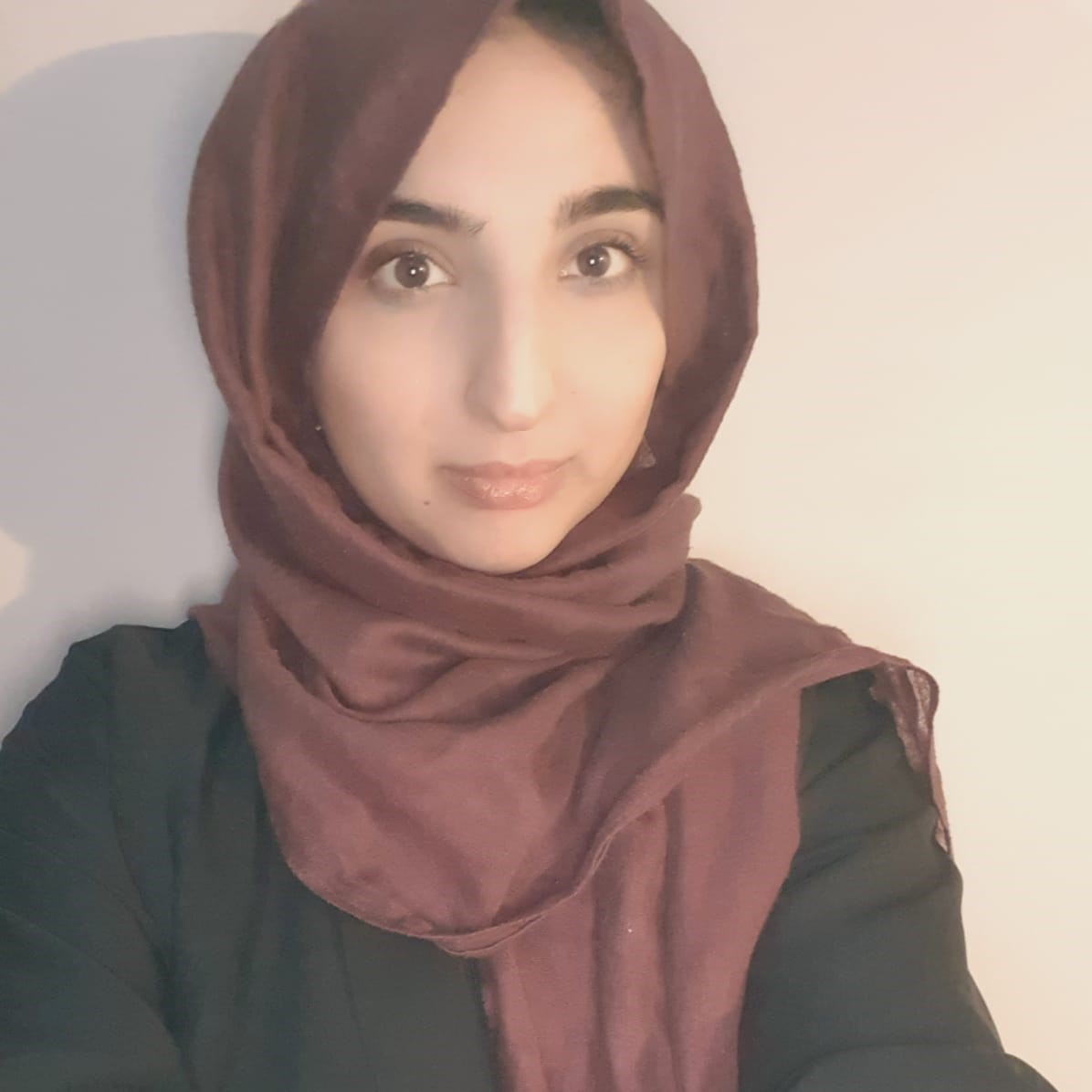
We offer screenings and assessments for those with common mental health disorders such as depression, anxiety and panic, and provide evidence-based psychological therapies. We work within and support the improving access to psychological therapies (IAPT) stepped care model based on service user needs, and conduct risk assessments and agree risk management plans for individuals presenting with risk, to ensure they are aware of how to keep themselves safe. We make referrals for individuals to appropriate services based on their needs, for example to community mental health, psychology, and urgent care teams. We also refer and signpost individuals to other forms of support - housing, employment, financial, and other services such as specialist counselling.
Can you tell us about your career journey and how you got into your role?
My IAPT journey started a few years after I graduated from my BSc psychology degree at the University of Birmingham. I landed my first IAPT role as an assistant psychologist in 2015, working within a local NHS IAPT service. I fell in love with the sector and saw first-hand the level of support that was being provided far and wide, even to those hard to reach communities. My passions lay in promoting the service to those who may not have otherwise thought to access it and portraying just how much of an impact a cognitive behavioural therapy (CBT) approach can have with so many common difficulties. In 2021 I joined Walsall talking therapies, and I now help to supervise and train those who are just starting out within the IAPT world - I love my role! It feels good to know that there are some talented new therapists and practitioners out there who will soon have a positive impact on the lives of many within our community.
What do you enjoy most about your job?
I love to teach, supervise and train others where possible. Having had a good number of years’ worth of experience, and working within communities with complex needs as well, I have seen a lot of how IAPT practitioners can make an impact and I love sharing these experiences. I enjoy the fact that we are targeting communities which otherwise may not have known about us or even thought to seek such help, because it is these communities where a big difference is truly felt!
What is your top tip for working in your role?
Smile! Breathe, take it all in - even at those times when it can be demanding and fast-paced. It is at those times that you should remind yourself what a great difference you will eventually make. Oh, and coffee. Strong coffee.
What do you and your team do day-to-day?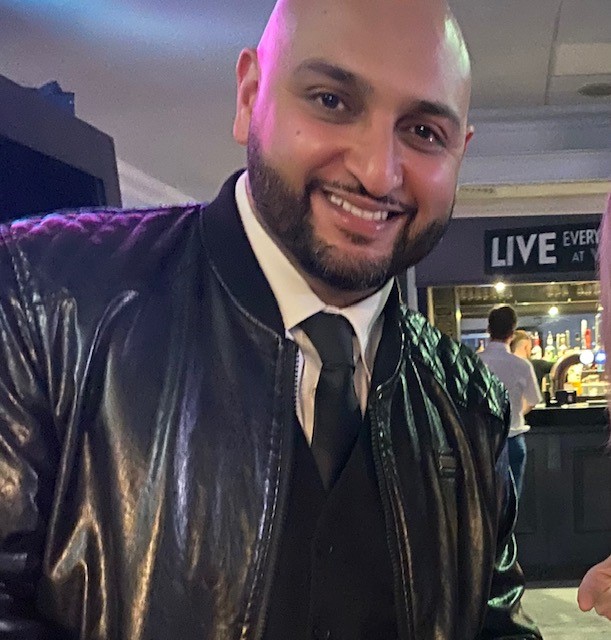
We provide specialist assessments and interventions to older adults who are referred to the Older Adult ECMHT (Enhanced Community Mental Health Team). We provide person-centred care, undertake risk assessments and care plan with individuals who have complex mental health difficulties. We work closely as a multi-disciplinary team and often have students and trainees on placements with us. We work collaboratively with our service users to reduce distress, and improve their quality of life.
Can you tell us about your career journey and how you got into your role?
I started my career with the Trust as an Honorary Assistant Psychologist. With experience, I then moved into a paid post and worked as an Assistant for another 4 years. I applied for doctoral training in Clinical Psychology and upon completion I worked in London for a few years. When the opportunity arose however, I returned to the Trust, as I loved working here and still do after 9 years. I work with a fantastic team, and I have built many rewarding relationships throughout the trust.
What do you enjoy most about your job?
Every day is different and making a difference in our service user’s lives is very rewarding. Working as part of an enthusiastic team that care about each other and the service we provide is fantastic, and definitely makes the job enjoyable. I’m passionate about Positive Psychology and this a special area of interest to me - helping others to identify and develop their strengths and values is one of the most rewarding things I have experienced in my career.
What is your top tip for working in your role?
Be kind, be compassionate and treat others how you would like to be treated yourself.
What do you and your team do day-to-day?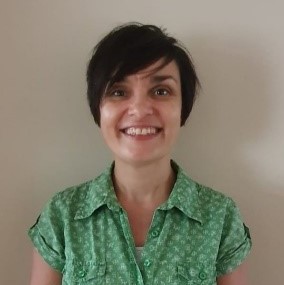
My role is very varied and no two days are ever the same. I hold a caseload of patients up to the age of 18 with a range of learning difficulties, many with additional diagnosis, including ASD and ADHD. Many patients are referred to our service for support with challenging and self-injurious behaviour, anxiety, low mood, in addition to assessment of ASD and ADHD. I work with the patients, parents/carers and schools, as well as a range of other professionals that may be involved, to try and unpick the difficulties. I explore activities of daily living, meaningful occupation, routine, communication, and any potential sensory difficulties that could be impacting on functioning, offering practical strategies and support. With colleagues, I run psychoeducation programmes on a range of topics to support families in understanding and managing their child’s needs. Working with the small team of professionals allows us to discuss complex cases as part of a multidisciplinary team. I also complete initial assessment screenings to ascertain if the referral is appropriate for our service, or if signposting to other agencies is required.
Can you tell us about your career journey and how you got into your role?
Since qualifying as an occupational therapist (OT), I have worked in a number of settings gaining a variety of experience. I briefly worked on an acute physical hospital ward, and then in a specialist residential school with children with autism, followed by working in a medium secure forensic hospital. An opportunity then came up to work in child and adolescent mental health services (CAMHS), which was an interest of mine from gaining shadowing experience prior to commencing my degree as a mature student. After being in post for 18 months, a vacancy arose to work in the learning disability team within CAMHS, which I jumped at!
What do you enjoy most about your job?
Working with individuals with learning disabilities has always being a keen interest of mine, having worked in that sector for numerous years before commencing my OT journey. I currently have a split post between learning disabilities and core CAMHS – working with a variety of professionals to expand my knowledge, skills and clinical perspective. Working with individuals with learning disabilities and their families gives me great job satisfaction and my role in CAMHS allows me to put my OT skills to great use.
What is your top tip for working in your role?
Be organised and keep a list! Liaise with other members of the team to gain their perspective on complex cases; don’t be afraid to ask for help. Have a sense of humour!
What do you and your team do day-to-day?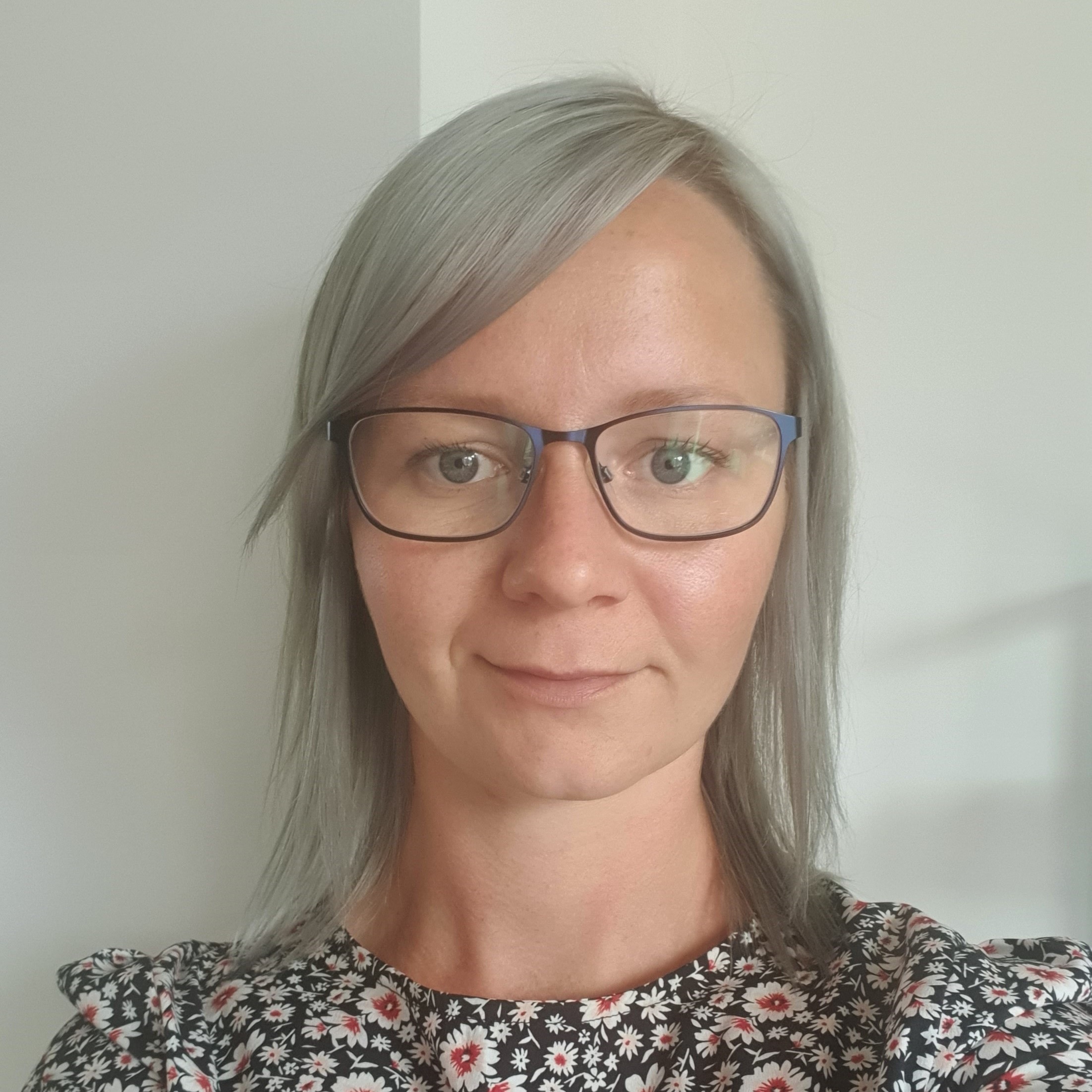
I help people with long-term physical and mental health conditions gain and retain paid employment. My day-to-day role consists of telephone appointments with my clients helping them do just this - we help people complete their CVs, support them with job searching and application forms, and even help them prepare for their interviews. The list is endless, but the main thing is that we care about people’s aspirations and look after their wellbeing while looking for work.
Can you tell us about your career journey and how you got into your role?
I was previously working in recruitment, and before this role I had a varied history of working within different industries. I have been a carer, a hairdresser, a bar attendant, and a trainee manager in a public house. It doesn’t matter where you come from, if you care for people and have the relevant experience to do well in this role then it is definitely the job for you.
What do you enjoy most about your job?
The happiness in my clients’ voices when they are successful in an interview - the relief and the appreciation they give me when we find them employment.
What is your top tip for working in your role?
Listen, learn and ask. Listen to your trainers - take in as much information about the job you’re going to be doing. Learn as much as you can, as it will make you the best vocational specialist you can be. Don’t be afraid to ask for help, we have all been in your situation coming into a new role - it is scary but employment services is like a family and we are always here to help.
What do you and your team do day-to-day?
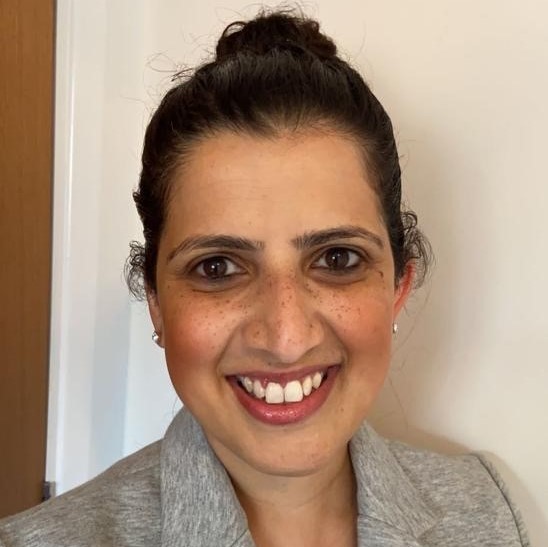 I work in the Sandwell Community Mental Health Team (CMHT), where we support individuals with severe and enduring mental health difficulties. Our multidisciplinary team includes Occupational Therapists, nurses, support workers, and psychologists, all working collaboratively to provide holistic care. We also build strong links with third-sector services, ensuring our clients have access to a wide network of support beyond the NHS.
I work in the Sandwell Community Mental Health Team (CMHT), where we support individuals with severe and enduring mental health difficulties. Our multidisciplinary team includes Occupational Therapists, nurses, support workers, and psychologists, all working collaboratively to provide holistic care. We also build strong links with third-sector services, ensuring our clients have access to a wide network of support beyond the NHS.
Can you tell us about your career journey and how you got into your role?
My inspiration to join the NHS came from my mum, who has worked tirelessly in the service for over 37 years—and still going strong. I qualified as a psychologist in 2003, and my career has taken me through a variety of settings, including:
- Rehabilitation and Assertive Outreach Teams
- Inpatient Psychiatry
- Early Intervention for Psychosis
- Mental Health Liaison
- Staff Wellbeing Services
- Physical Health Psychology
- And now, Community Mental Health Team in Sandwell
As a South Asian psychologist, I’ve always been passionate about supporting clients from diverse backgrounds and exploring the impact of intergenerational trauma. I remember being struck by the stigma surrounding mental health in South Asian communities, which only deepened my commitment to advocacy and culturally sensitive care.
What do you enjoy most about your job?
The variety of client presentations keeps the work dynamic and engaging. I also deeply value multidisciplinary team (MDT) working—there’s something powerful about bringing together different perspectives to support someone’s recovery.
What is your top tip for working in your role?
Find your tribe. Having someone at work you can offload to and feel supported by makes all the difference.
What do you and your team do day-to-day?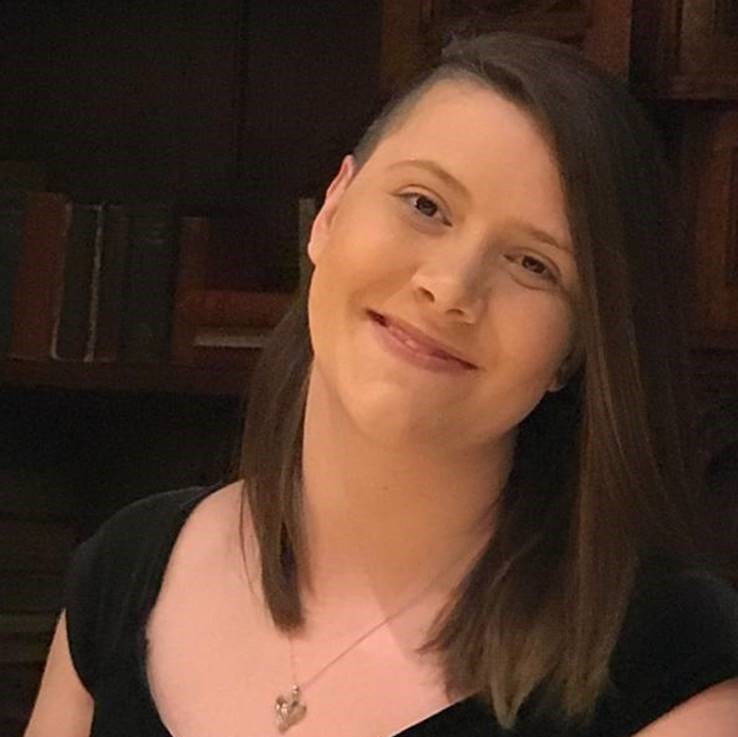
I support learning disability (LD), children, young people and families (CYPF), and corporate services to deliver change by using project level planning, initiation, mobilisation and evaluation of projects - including quality impact assessments, risks and key performance indicators, benefits realisation and lessons learned.
Can you tell us about your career journey and how you got into your role?
I started in the NHS as an apprentice medical secretary and have provided administrative support to a number of LD and CYPF services. I eventually found my way into a project administrative role where I began to learn the methodology and skills involved in making a functional programme management office (PMO). Finally I managed to successfully apply for my current PMO facilitator/support officer role.
What do you enjoy most about your job?
I enjoy the challenge of supporting system change, to identify plans and ways forward, identify risks and issues and escalate and capture areas of learning. To look at a project upon completion and think: “I helped make a change.”
What is your top tip for working in your role?
Organisation is key!
What do you and your team do day-to-day?
I work as part of a multidisciplinary team, treating adults with learning disabilities either in their own home or day centres and colleges. I am responsible for assessing and setting up treatment plans for my own caseload of patients , as well as supervising our physiotherapy technician and reporting to our team lead. We get patients referred from both within our service and from external services, for a variety of conditions from simple mobility problems to very complex neurological problems. We also have referrals for our orthotics service.
Can you tell us about your career journey and how you got into your role?
I started working for the Walsall team as a locum physiotherapist in November 2017, and in August 2018 I became a permanent member of staff. Previous work with both children and adults with physical and learning disabilities, and adults with dementia, has equipped me for my present role, where I often have to find new ways of making exercises fun.
What do you enjoy most about your job?
I enjoy working as part of a multidisciplinary team, and that every day is different!
What is your top tip for working in your role?
You need to be versatile, a good problem solver, and able to think outside of the box.
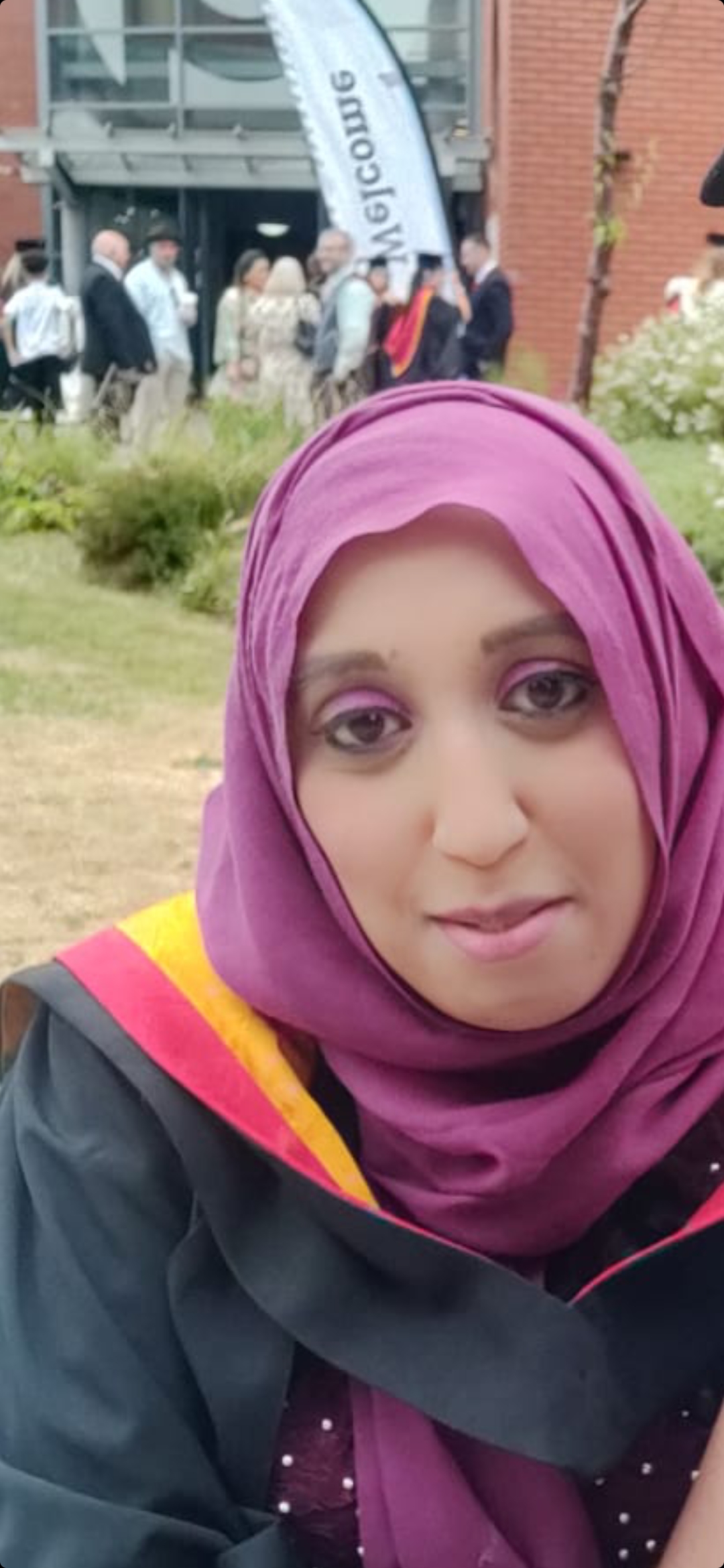 Can you tell us about your career journey and how you got into your role?
Can you tell us about your career journey and how you got into your role?
Growing up I encountered a lot of social and cultural barriers but managed to push some of these aside and gained an NVQ L2 and L3 in childcare. I was hungry for more and fast forward to 2015 and a mother of 5 children my husband inspired me too carry on where I had left off so I went back to college. I was able to complete an access course and be the first generation in my family to go to University. I completed a BSc in Counselling Psychology and a Masters in Forensic Psychology. The best moment was when my parents were present in both of my graduation ceremonies and the proud look on their faces was all I needed. They will still talk about my degrees to anyone that will listen!
I attained my first NHS job as a Healthcare Support Worker in a Mental Health hospital which I really enjoyed and my managers supported me in my professional development. After also working as an activity co-ordinator on the ward, I then gained my first Assistant Psychologist role and I loved it! Fast forward to 2025 and i now work as Vocational Specialist for Forensic Intensive Recovery Support Team (FIRST).
My parents are using me as a role model now and inspiring all the next generation in to further education.
What do you enjoy most about your job?
My role is amazing and I am so thankful of the support from Black Country Healthcare staff. I love working within the team. I love working with the individuals and their journeys. I enjoy being an investigator and finding all the missing pieces to the person’s life, history and background. I thrive on how my small, simple techniques can make a great difference for my clients. Most of all I enjoy stepping into the individual’s world and using my interventions to engage with them therapeutically. As a professional I can always safely step back out.
What is your top tip for working in your role?
Some wise words that I was once told was ‘to enjoy the Journey’ as we will all reach our destination one day. So wherever that is, take the time and enjoy the ride there.
What do you and your team do day-to-day?
I work in a professional and committed multidisciplinary team of nurses, psychologists, allied health professionals - and we are supported by admin colleagues. We all work together to provide an excellent dementia service and to make every effort to improve the wellbeing of our patients.
Can you tell us about your career journey and how you got into your role?
I started my career in Ireland, and my journey in mental health took me to train in the Trent rotation - finally taking up a consultant post in the Black Country 15 years ago. Our trust has gone through some changes over the years but still remains an excellent place to work.
What do you enjoy most about your job?
I have a great team and we always work together in everything we do. Support from colleagues is also something I really value.
What is your top tip for working in your role?
You need to be compassionate and value your colleagues.


